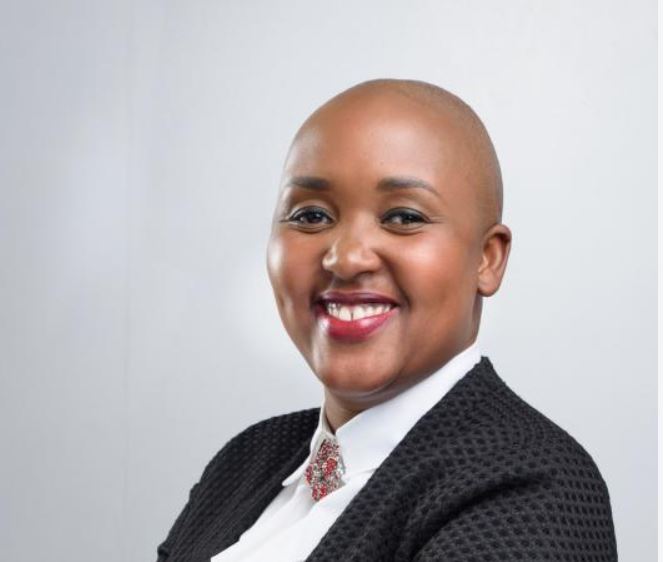×
The Standard e-Paper
Smart Minds Choose Us

Six Seconds is one of the world’s leading emotional intelligence companies. It describes emotional intelligence (EQ) as the ability to be aware of, manage and navigate your emotions.
The concept of EQ was made popular by author and science journalist Daniel Goleman, who studied and published his findings on the co-relation between our emotions and our performance at work.